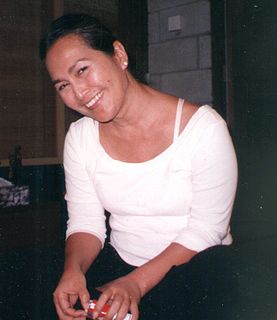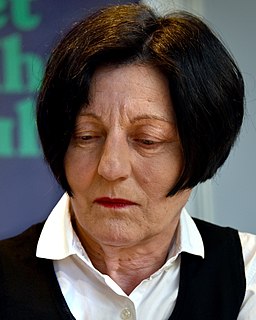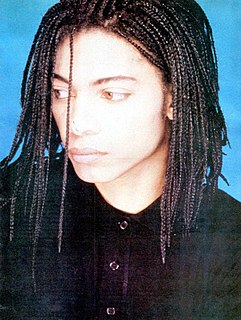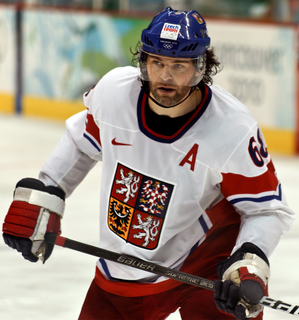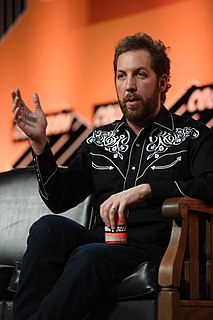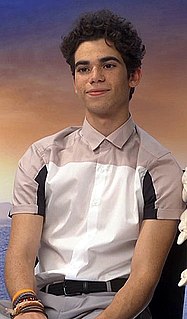A Quote by Lois McMaster Bujold
One of the best things about writing is how it redeems, not to mention recycles, all of one's prior experiences, including or perhaps especially the failures.
Related Quotes
One thing about having mostly absent parents that I think was perhaps "good" for the development of my intellect/writing is that I was given almost total freedom to read/write/look at whatever I wanted. I wonder a lot about how my past experiences, particularly my negative childhood (home life and being severely bullied/ostracized throughout school) as formed my/my thoughts/my writing, though I should also note those things were far from the only thing that had an impact on me/my writing.
The way to start writing isn't by writing at all. But by living. It isn't about creating something from thin air, but about documenting our personal feelings about the things that we see. Or to put it crudely, how are you going to be a storyteller if you have no story to tell? Perhaps, in the end, there are no such things as creative people; they are only sharp observers with sensitive hearts.
One Taste is not some experience you bring about through effort; rather, it is the actual condition of all experience before you do anything to it. This uncontrived state is prior to effort, prior to grasping, prior to avoiding. It is the real world before you do anything to it, including the effort to "see it nondually".
Some of this book—perhaps too much—has been about how I learned to do it. Much of it has been about how you can do it better. The rest of it—and perhaps the best of it—is a permission slip: you can, you should, and if you're brave enough to start, you will. Writing is magic, as much the water of life as any other creative art. The water is free. So drink. Drink and be filled up.
When I'm writing, especially when I'm writing in first person, I don't think about the characterization, or how they are going to express themselves, I just express my own approach to these things. I think most writers can never divorce themselves from their private lives and personas; they are the ones that are writing. And the more they remove themselves from their own persona, the more, perhaps, mechanical the work becomes.



